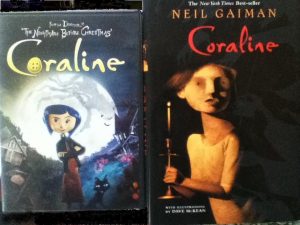PRO: Summer reading is valuable
June 8, 2018
Most students hate any work they have to do over the summer, whether is be reading or math problems. The most common summer work is required reading. It may surprise students, but required summer reading is actually beneficial to the learning capabilities of students when the school year begins again.
One of the most talked about subjects in student learning is the concept of “summer slide.” This is the tendency for students to lose some of the achievement gains they made during the previous school year: that’s right, over the summer, students literally lose some of their content-area knowledge because over the summer simply due to not exercising their brain enough. The particular area where summer slide occurs the most is the one that summer reading seeks to address. “You’ll find that most of [summer slide] comes in the area of reading,” explains principal Jim French. It might feel inconvenient for students, but summer reading is actually good for their brains.
Summer reading, however, is not just relevant in one subject. If students think that they don’t have to read in science, other languages, math, or history classes, and that the only time reading truly matters is in English class, they’re in for a rude awakening. “Allowing students to have complete control and choice over what they read is the best way to see gains in almost every category: vocabulary, grammar, comprehension, etc.,” says English teacher Aimee Wendland, who has her Master’s degree in Reading.
A broad range of summer reading options is best, as embraced by the IB reading lists. This allows teachers to have some direction and choice in the selection, but also allows students to have some choice as to what book they might like best. Junior Sydney Kruggel, a pro reading student (which is a nearly endangered species) advocates for summer reading. “It gives students a starting point in the school year, with a novel that they can choose and are typically more interested in,” she says.
When a student is forced to read a very specific book, they’re far more likely to resent it and not do it, but if they have the option between even just two books, they’re more likely to enjoy the assignment and see it as more than just another trivial task. When this happens, they will have better comprehension and likely come back with deeper, more meaningful conversation points and ideas about the morals and theme of the novel. For the good of student learning, summer reading should be required, but from a list of approved options, not just a single book.














Kristina Davis • Sep 10, 2020 at 1:38 pm
I chose to read this article because I wanted to see more pros about the topic since everyone has negative thoughts about it. I, personally, think that summer reading should be a requirement for every English class, at least some amount. I believe that it’s easy to do, and since there’s a long period of time in which students can read it in, there should be little to no stress about finishing the assigned reading due to time. It gives an opportunity for students to self-discipline themselves during the summer instead of going into that “summer slide” as you mentioned.